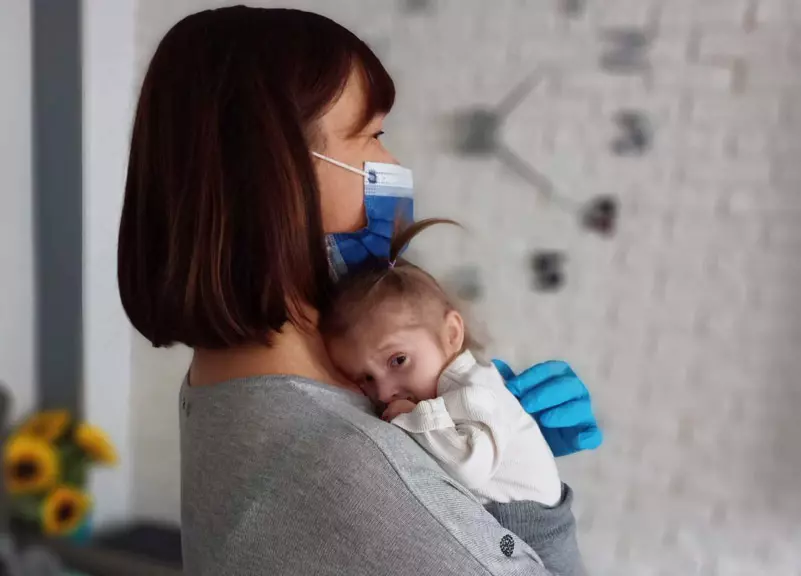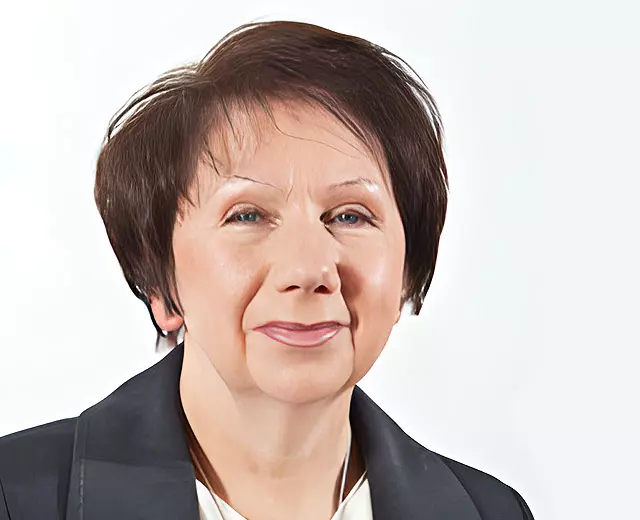
Hospice for Children in Lublin named after The Little Prince was established to provide home care for children and adolescents with cancer and other incurable and progressive diseases.
The care provided by the Hospice allows the child to stay in their own home while maintaining high standards of medical, psychological, pedagogical, social and spiritual care.
The care is free of charge for families. The hospice finances comprehensive medical assistance, purchase of medicines and specialist medical equipment for children. In addition, the patients and their families benefit from free dental services, rehabilitation treatments, a neurological clinic and help provided by the Mental Health Clinic at the Little Prince’s House in Lublin.

Detailed information on the admission conditions and procedure can be obtained from the Head of the Hospice Medical Team at tel.
+48 81 537 13 62

p.o. kierownika oddziału stacjonarnego, lekarz medycyny rodzinnej
List of incurable, progressive, life-limiting neoplastic and non-neoplastic diseases, in which guaranteed benefits are provided in the scope of palliative and hospice care.
The Hospice takes care of children and youth suffering from incurable diseases (chronic, progressive and cancer in the terminal phase).
The child’s parents should submit a written request to accept the child to the care of the Hospice, the letter should be accompanied by full medical documentation describing the course of the disease and the history of treatment.
Documents should be sent or personally delivered to the Hospice office in Lublin at Lędzian 49, room 73.
After analyzing the documents, the Hospice doctor contacts the patient’s family to arrange a visit at the child’s home.
The decision to accept a child tothe Hospice is made after a medical visit.

As part of hospice perinatal care,
we help families affected by
severe illnesses of children.
So far, we have had a dozen or so children,
whose parents let their children be born.
We provide full care for children
suffering from incurable diseases,
who cannot be cared for and treated
at home temporarily or permanently.
Hospice care enables
the child to stay in its own
home while maintaining high
standards of medical, psychological,
pedagogical, social and spiritual care.